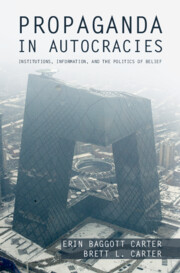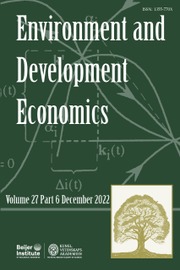Conquests and Rents
Tragically, dictatorship and civil strife have led to less developed, less democratic, and more conflict-prone contemporary Muslim-majority societies. Ahmed argues, however, neither Islam nor aspects of Muslim culture are the cause. Grounded in a positive political economy approach, Conquests and Rents investigates why these societies are predisposed to political violence and low levels of development. Focusing on the role of political institutions and economic rents, Ahmed argues that territories where Islam spread via military conquest developed institutions and practices impervious to democracy and more prone to civil war, while societies in non-conquered territories developed governance structures more susceptible to democracy when rents decline. Conquests and Rents introduces a novel theoretical argument, with corroborative qualitative and statistical analysis, to examine the interplay of the historical legacy of institutions from the premodern period and contemporary rent streams in Muslim-majority societies.
- Integrates theories and methodological approaches from history, international economics, comparative politics, political economy, and formal theory to show how different disciplines/fields can interact
- Develops a 'positive political economy' framework to study politics and conflict
- The use of qualitative and quantitative analysis makes the book's arguments accessible to readers without specialized training in economic theory or statistical methods
Reviews & endorsements
‘Why are Muslim-majority societies so often plagued by poverty, tyranny, and war? In this remarkable book, Faisal Ahmed offers a fresh answer to this age-old question. Synthesizing large and diverse bodies of scholarship and disparate data sources, he shows how historical legacies and natural endowments together determine the fate of nations. The result is one of the most important works on the political economy of the Muslim world to appear in many years.' Tarek Masoud, John F. Kennedy School of Government
‘Faisal Ahmed presents us with an excellent overview of how the early Muslim conquests wound up saddling territories with an institutional panoply that would produce long-term stagnation. Full of both theoretical and empirical insight, this is a book that will be of great interest to anyone keen to understand the historical trajectory of the Middle East.' David Stasavage, author of The Decline and Rise of Democracy
‘Conquests and Rents provides a fresh take on the question of why Muslim societies tend to be less democratic and more prone to violence. Rather than pinning the blame on Islam as a religion or a set of institutions, Ahmed highlights variation in historical development in Muslim-majority countries and the more temporally proximate effects of oil and foreign aid receipts. Based on rigorous analyses, the book makes an important intervention in ongoing debates about historical legacies and the ‘resource curse.'' Melani Cammett, Clarence Dillon Professor of International Affairs, Harvard University
‘Those who are interested in the historical reasons behind the institutional path dependence of certain Muslim nations and in the political-economy analysis of their current complex structures should read Faisal Z. Ahmed’s book.’ Fatih Kirsanli, Constitutional Political Economy
Product details
May 2023Adobe eBook Reader
9781009367523
0 pages
This ISBN is for an eBook version which is distributed on our behalf by a third party.
Table of Contents
- Part I. A Political Economy Approach:
- 1. Political violence
- 2. Analytical framework
- Part II. The Institutional Legacy of Muslim Conquest:
- 3. The conquest equilibrium
- 4. Conquest fostered autocratization
- 5. The autocratic legacy of Muslim conquest
- Part III. The impact of contemporary rents on dictatorship and violence:
- 6. Fueling authoritarian resilience
- 7. Aiding political violence
- 8. Democratic transitions in non-Muslim societies
- Part IV. Conclusion:
- 9. Conclusion.





